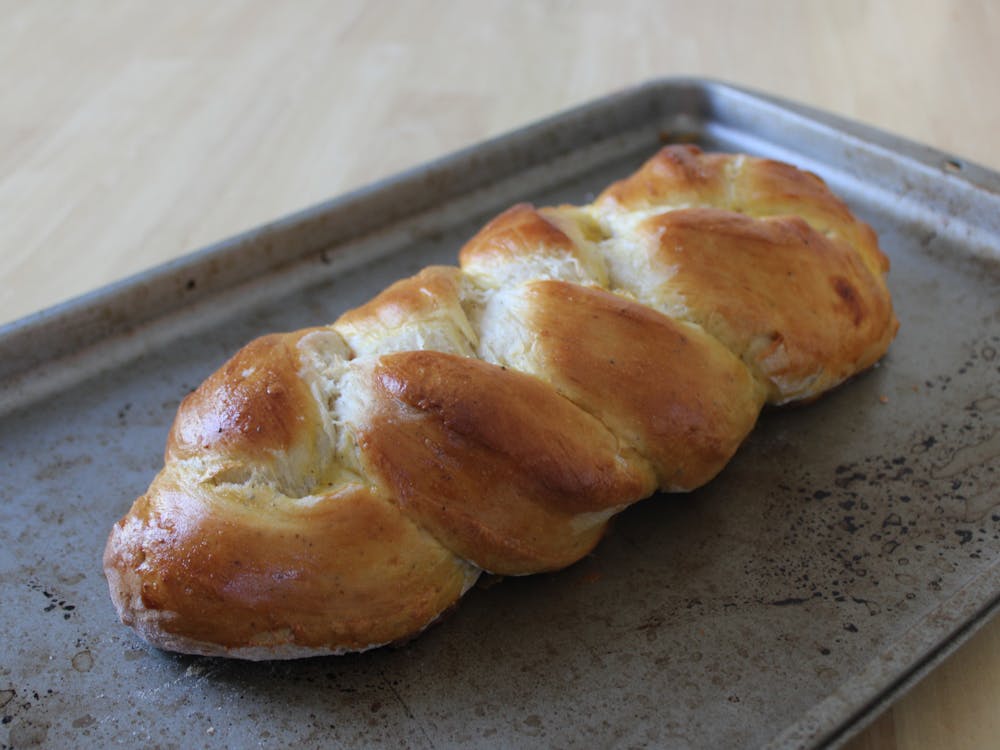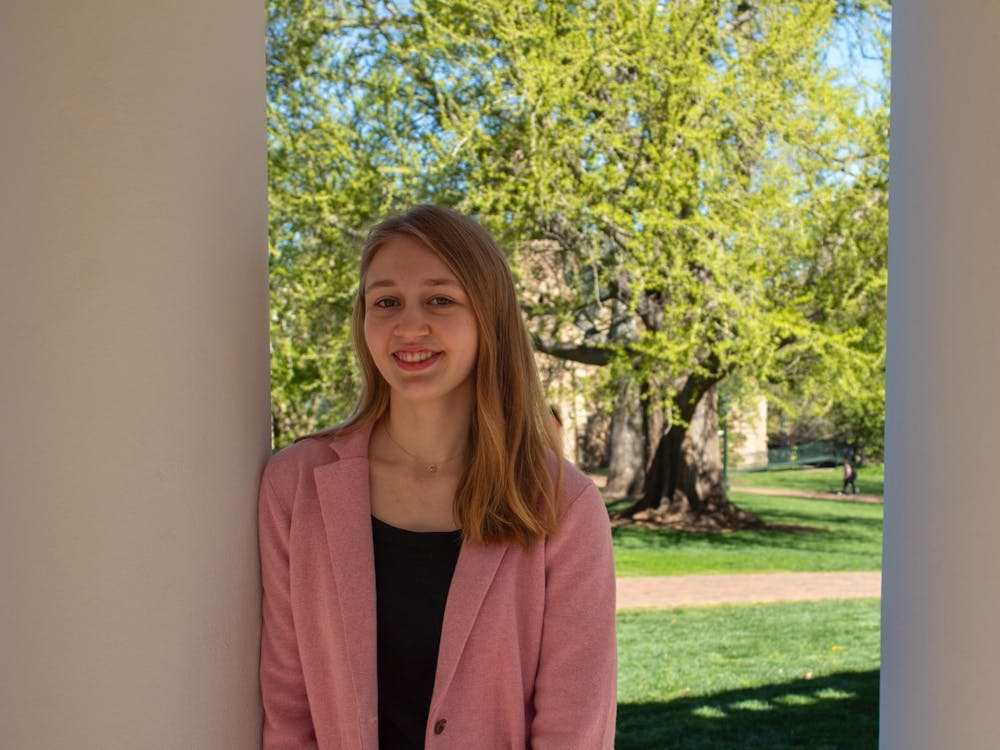As I sit on the dewy grass of Klöckner Stadium, watching the women’s soccer game, my eyes wander to the groups of kids lining the fence. A group of young girls twists their frizzy hair around the tips of their fingers as they whisper in each other’s ears, and groups of young boys run up the hill and throw themselves down the face of it, tumbling into the fence.
One of the young girls begins to giggle and run towards a dirt-stained boy as her friend yells “No!” and reaches out to grab a handful of her shirt to pull her back, but the girl tugs herself loose from her feeble grip. The runaway girl whispers in the boy’s ear what was whispered to her only seconds ago, and the boy leans over to look at the other girl, whose palms cradle her horrified and humiliated face. The band aid was torn off, the cat was out of the bag, the beans were spilled, her secret was out — he now knew that she liked him.
I can imagine that initial sense of panic — the feeling that things will never be the same again, the overwhelming vulnerability of being the person who cares more about someone than they care about you. But why are we so embarrassed to show that we genuinely care about someone? As childishly exaggerated the situation may seem at face value, do we ever manage to mature from such infantile reactions to love?
Embarrassed as she was, the little girl who tried to pull her friend back in an effort to reverse her impending shame probably wanted nothing more than for him to know the truth. So then, why is it that we act in opposition to the way we feel? Is it simply a defense mechanism so that we aren’t exposed to the truth we somehow simultaneously do and don’t want to know?
Personally, my most feared response is not rejection, but silence. No response is a response in and of itself. However, it’s the most tormenting kind — it creates an obsession with considering all of the possibilities about where I went wrong and constantly being self-aware about what I could have done differently. There is no closure with silence — just scattered memories left for me to piece back together and replay in my mind through the eyes of the other person.
Our perceptions of reality are porous, and we attempt to fill in the gaps with what we desperately want to believe is true. But the satisfaction harbored from our imaginations only results in a more palpable sense of our dissatisfaction in not knowing. Thinking about what could be fails to fill the void of what truly is.
I don’t know what happened to the girl afterwards — whether she walked away from her group of friends with her fingers interlocked with his or walked back to her parents’ car with a torrent of tears guided by the topography of her face.
It has taken me 18 years and a series of failed friendships to realize that the way others treat you is never an accurate reflection of what you deserve, and that the way you act towards someone is never a precise portrayal of how you truly feel about them. The fact of the matter is that people will move on even when you haven’t, and you’re still left hoping the new memories you make will bury the old ones until they eventually decompose into the past. Someone once told me that the extent of our grief parallels the depth of our love — but if we feel like we will never stop grieving, does that mean that we will never stop loving?





